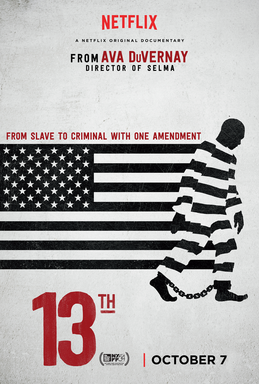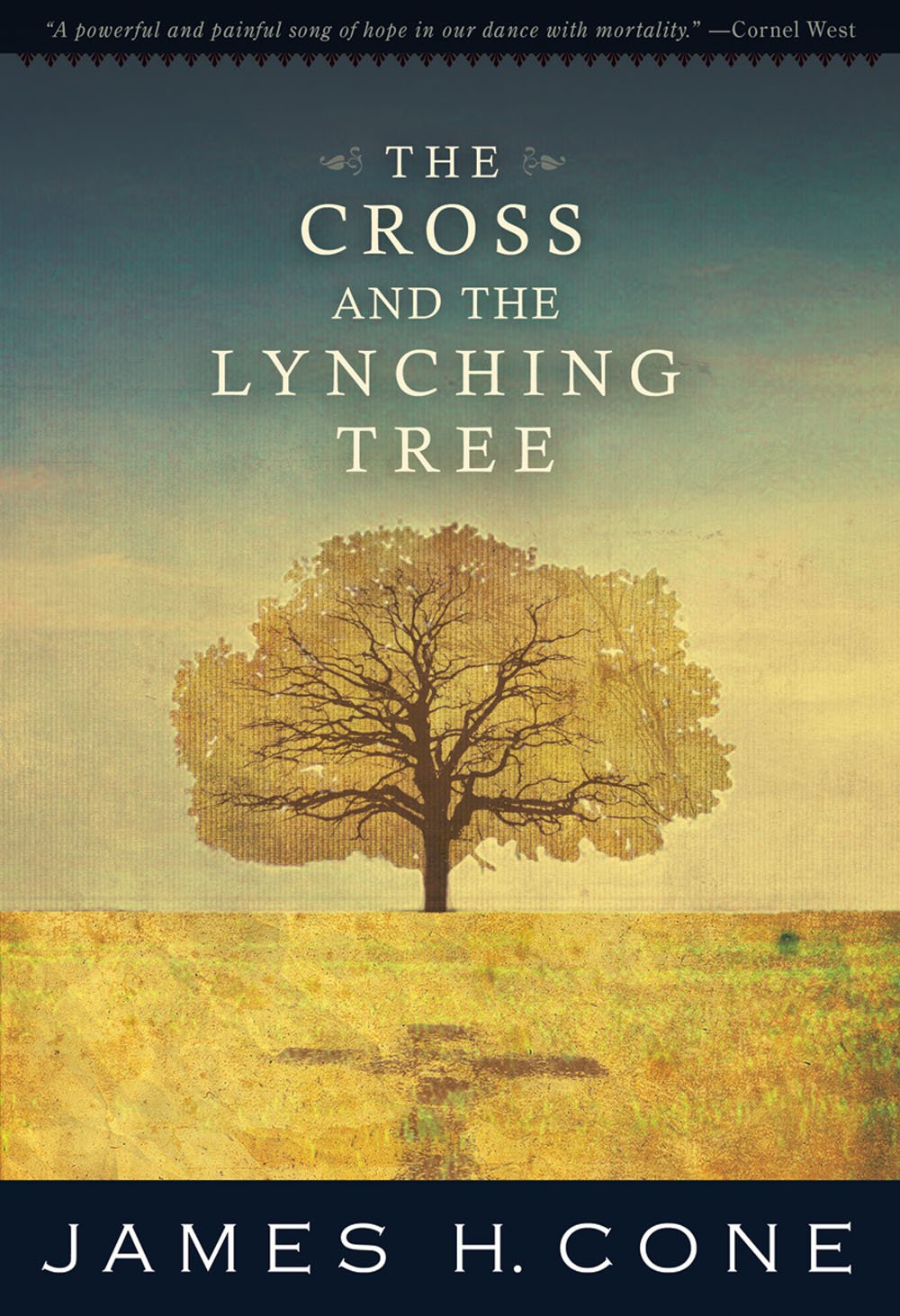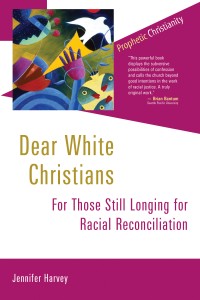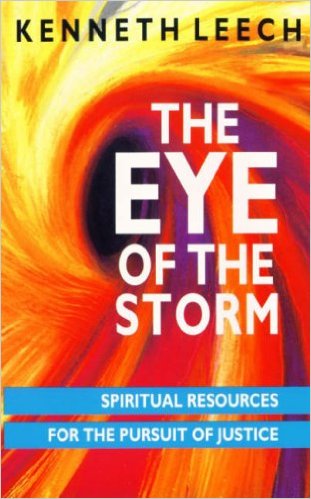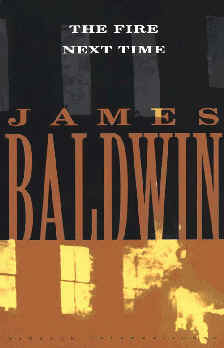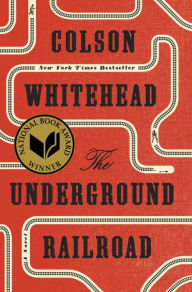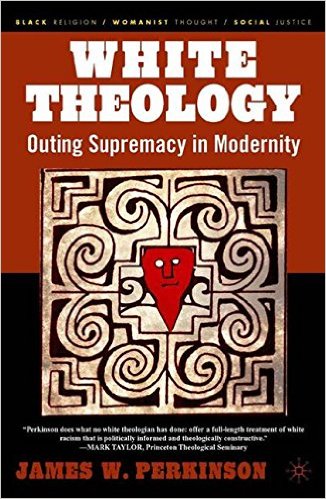Over the past few months I have been reading with a particular focus on race, history and identity. Here are few of the most impactful books I’ve read and resources that have been most helpful to me. Book club in 2017, anyone?
The Underground Railroad by Colson Whitehead. This book is on just about every ‘best sellers’ list. The story is about Cora, a woman born into slavery in the U.S., who flees the brutality of her life on a southern plantation. Whitehead is a stunning writer that can turn a phrase that opens up new vistas. The NY Times review is excellent.
Dear White Christian: For Those Still Longing for Racial Reconciliation by Jennifer Harvey. This book is wrecking me in the best way possible. Harvey is like the friend that (not so) gently takes you aside and tells you what you need to hear but what you have been resisting listening to. It is a provocative analysis of the current state of race relations, specifically the marginal success of churches to bring about racial reconciliation in the 50-plus years since the Civil Rights era. Harvey argues that the focus on reconciliation has itself been problematic. Instead, she proposes a new framework – one grounded in diligent study of our country’s history and the ongoing effects of the legacy of slavery. I had the feeling that if I could live in the way that she points toward that I might actually become a Christian!
The Fire Next Time by James Baldwin. I am embarrassed to say that it was not until recently that I read this book! Baldwin is a national treasure and unparalleled as a writer and thinker. The title of the book is taken from a slave song: “God gave Noah the rainbow sign, No more water the fire next time.” This small book is a prophetic grenade that consist of two independent essays both in the form of letters. He deconstructs race from the African-American experience in a way that is raw, precise and must be heard again and again. It is small enough to be read over and over (I’m on my 3rd time) and Audible.com offers it on their site as well. Here is the original 1963 review of the book from The New York Review of Books.
White Theology: Outing Supremacy in Modernity by James Perkinson. This book is dense, but if you stay with it, I promise it is worth it! Perkinson re-examines white privilege throughout history and its relationship to black theology, particularly the theology of James Cone. He takes seriously the claims of salvation and seriously engages it through the lens of race, culture and identity.
13th. This is a documentary film on Netflix that explores the links between slavery and the U.S. penal system. It is directed by Ava DuVernay who directed Selma. I can’t say enough about this film. It weaves the narration of folks like Jelani Cobb, Van Jones, Angela Davis and Michelle Alexander to weave a tapestry that forces us to re-examine the genealogical root system of mass incarceration. This is an important film.
The Eye of the Storm: Spiritual Resources for the Pursuit of Justice by Kenneth Leech. I was introduced to Kenneth Leech’s work during my post-doc in Cambridge. He was an Anglican priest that worked with drug addicts in Soho, London for years. Leech argues that what we have done by dividing the action/contemplation dichotomy has created a lot of problems (sorry, Richard Rohr). In this wonderful book, he argues for the essential unity of Christian spirituality and social commitment, showing that spirituality without community can be a diversion from the living God. Great stuff. His book Subversive Orthodoxy is fantastic too.
The Cross and the Lynching Tree by James Cone. This volume is a theological meditation on oppression experienced by African Americans, and he unpacks the complicity of racism and Christianity. Cone is masterful, and this book brings the centrality of the Cross to our historical shores in a way that bears witness to the power of life in the midst of a world seduced by violence and the glamor of evil. This is a stunning book.

